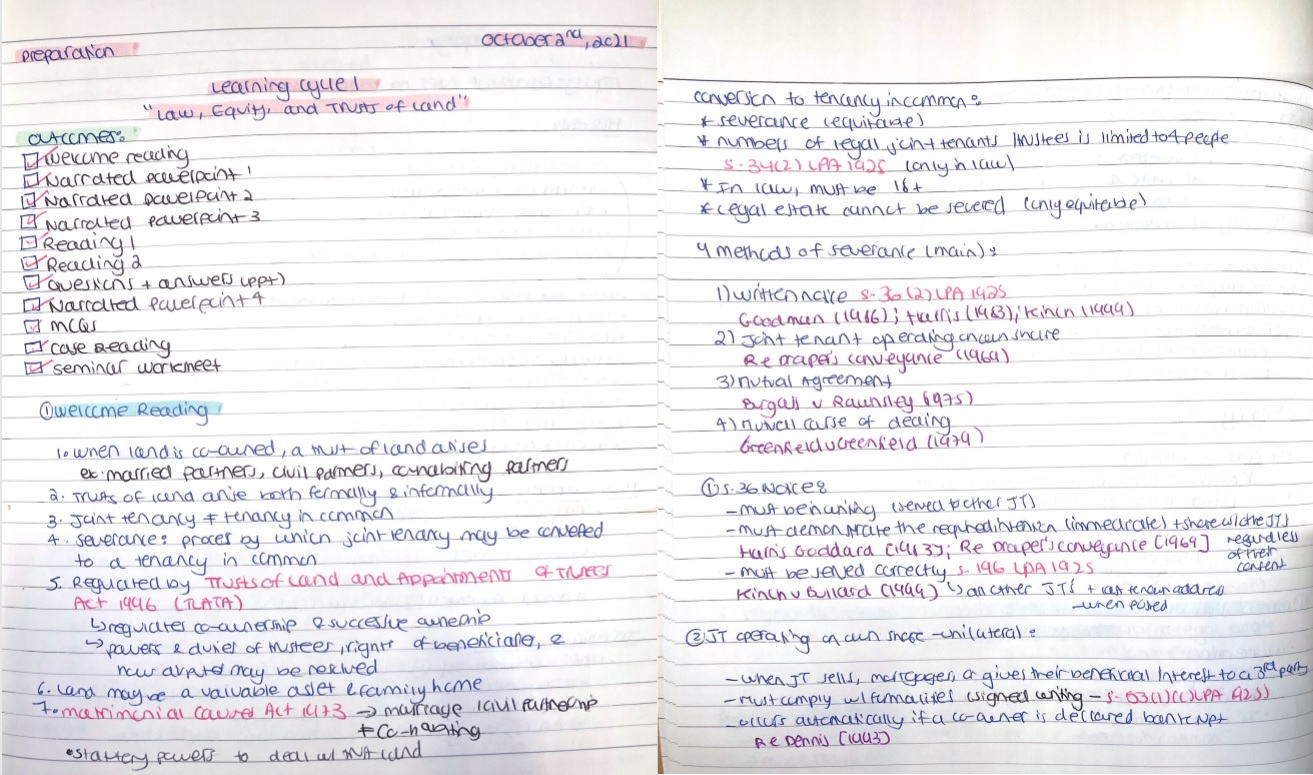 by Eliana Garcia, Mechanical and Electrical Engineering student and Bristol Futures Advocate
by Eliana Garcia, Mechanical and Electrical Engineering student and Bristol Futures Advocate
I am Eliana Garcia, Mechanical and Electrical Engineering student (BEng). I did a summer internship at Bristol Robotics Laboratory in 2023. It was a transformative experience, include immerse learning, skills development, and self-reflection. and here are three compelling reasons why you should consider an internship at Bristol university.
- Putting Learning into Practice
As an intern, I had the chance to apply the theoretical knowledge I had acquired during my studies. Embodied intelligence, a subject I had admired from afar, became tangible as I worked on a project involving a quadruped robot. The open-source, torque-controlled legged robot platform challenged me to translate textbook concepts into real-world solutions. It was exhilarating to see equations come alive in the form of mechanical movements. An internship allows you to test yourself, bridge the gap between theory and practice, and keep your learning active.
- Rapidly Acquiring New Information
Internships are like accelerated learning labs. At Bristol Robotics Laboratory, I honed essential study skills that extended beyond the classroom. Academic reading, note-taking, and library research became my daily companions. I learned to navigate research papers effectively, evaluating their relevance and extracting valuable insights. Seeking guidance from subject librarians, I discovered hidden gems in the form of specialized books related to soft robotics and dynamic control. The Cornell Method for notetaking became my secret weapon—capturing key points, making connections, and summarizing material for future reference. These skills are invaluable, whether you’re pursuing academia or venturing into industry.

- Visualizing My Future Path
Internships offer a glimpse into your professional destiny. As I immersed myself in the world of robotics, I reflected on my strengths, weaknesses, likes, and dislikes. Beyond the lab, I pondered my post-university options. Would I thrive in industry, pushing the boundaries of innovation? Or should I continue my academic journey, pursuing a master’s degree? Perhaps there was an entirely different path waiting—one aligned with my passions. The internship acted as a compass, guiding me toward self-awareness and informed decision-making.
Finally, my time at Bristol Robotics Laboratory expanded my technical knowledge, but it also enriched my academic toolkit. It equipped me with essential skills, broadened my perspective, and allowed me to visualize the myriad paths that lay ahead. So, if you’re considering an internship, don’t merely think of it as a checkbox. Instead, view it as an adventure—a chance to explore, learn, and shape your future. Bristol University awaits, ready to ignite your curiosity and propel you toward greatness.

 by Tala Youhana, Law student and Bristol Futures Advocate
by Tala Youhana, Law student and Bristol Futures Advocate